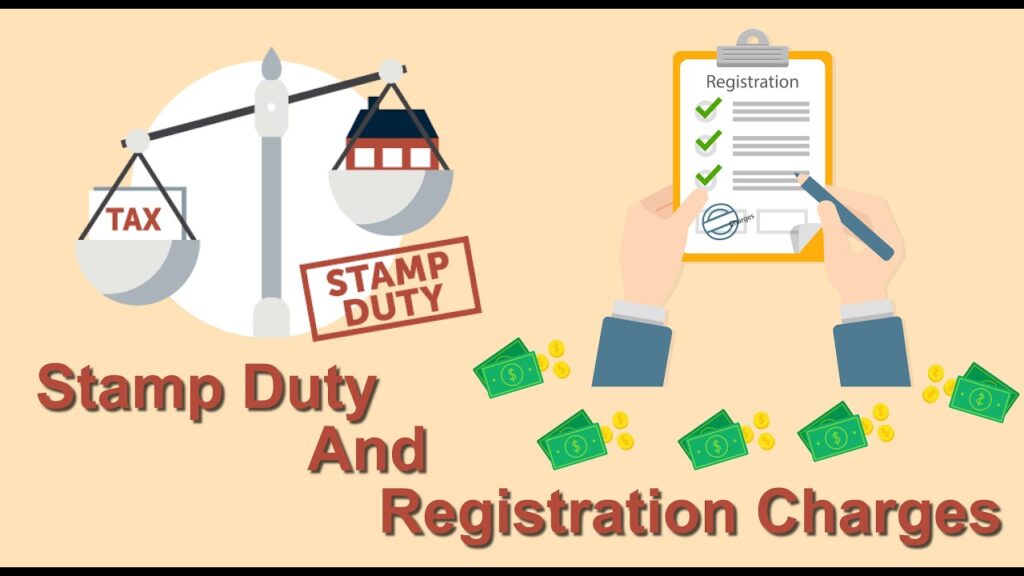Legal Tips for Property Buyers , whether it’s your first home, a vacation property, or a commercial space. While it’s an exciting step, it’s also a complex process with numerous legal implications. Ensuring that all legal requirements are met can save you from future disputes or financial losses. Here are essential legal tips for property buyers to guide you through a secure and hassle-free transaction.
Verify the Title of the Property
The property title confirms the seller’s ownership and legal rights to sell the property. Ensure that:
1. The title is clear and free of disputes or encumbrances.
2. The seller has full ownership rights.
3. The property is not mortgaged or pledged for loans.

Check Property Approvals
Ensure that the property has all the necessary approvals from local authorities, including:
1. Land use conversion (if the land was converted from agricultural to residential/commercial).
2. Building plan approval from municipal authorities.
3. Environmental clearance (if applicable).
Validate RERA Registration
If you’re purchasing a property in India, check whether it is registered under the Real Estate Regulatory Authority (RERA). RERA ensures transparency in real estate transactions and protects buyers’ rights.

Conduct Encumbrance Checks
An encumbrance certificate confirms that the property is free from any legal or financial liabilities, such as unpaid loans, taxes, or disputes.
Review the Sale Agreement
The sale agreement outlines the terms and conditions of the property transaction, including:
1. Price and payment terms.
2. Possession date.
3. Penalty clauses for delays or non-compliance.
Verify the Seller’s Identity
Ensure that the seller has the legal authority to sell the property. Verify the seller’s identity by checking:
1. Government-issued ID (Aadhar, PAN, or passport).
2. Ownership documents of the property.
3. Legal authorization if the seller is acting on behalf of another party (e.g., power of attorney).
Conduct a Land Use Check
Ensure that the property complies with zoning regulations, such as residential, commercial, or agricultural land use. Buying property in a restricted zone can lead to legal complications.
Cross-Check Property Tax Receipts
Legal Tips for Property Buyers,Unpaid property taxes can lead to legal issues for buyers. Ensure that all property taxes are up to date by reviewing past receipts.
Check for Legal Disputes
Investigate whether the property is involved in any ongoing legal disputes. Properties under litigation can result in ownership complications.
Register the Property
Property registration is a legal requirement that establishes your ownership rights. The process includes:
1. Paying the stamp duty and registration fees.
2. Executing the sale deed in the presence of a registrar.
Obtain an Occupancy Certificate (OC)
For newly constructed properties, the occupancy certificate confirms that the building complies with local regulations and is safe for occupancy.
Seek Legal Assistance
Real estate laws and documentation can be complicated. Hiring a real estate lawyer can help you:
1. Verify documents.
2. Conduct due diligence.
3. Draft and review agreements.
Secure Home Loan Approvals
If you’re financing your purchase through a loan, ensure the property meets the lender’s legal and technical requirements.
Know Your Rights as a Buyer
Understand your legal rights as a property buyer, including:
1. The right to accurate property information.
2. The right to timely possession.
3. The right to compensation for any delays or discrepancies.

